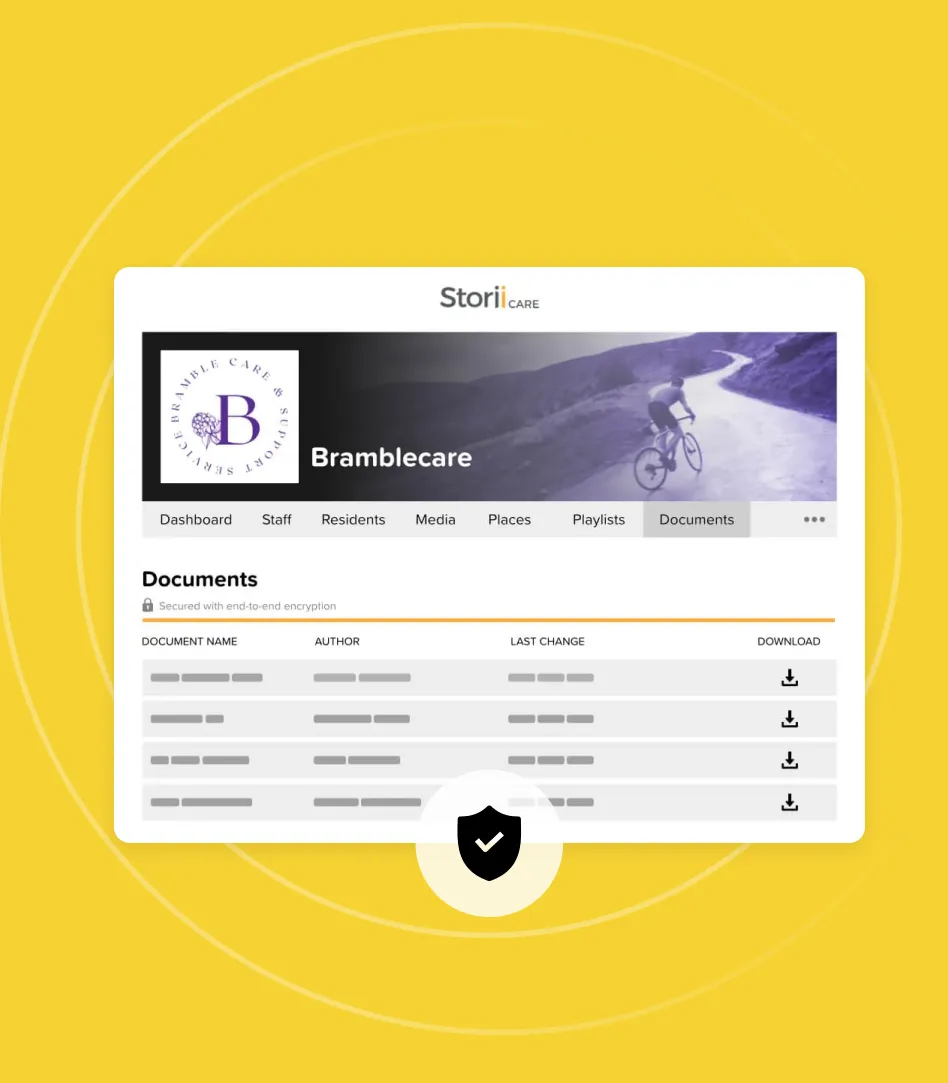Taking Care of Our Ageing Women
According to the Alzheimer’s Association, women represent ⅔ of those diagnosed with Alzheimer’s disease. Additionally, women over the age of 65 are twice as likely to develop Alzheimer’s disease as they are breast cancer.
Those are some staggering statistics.
In general, it tends to be women who are the planners, organizers, main points of contact, and care providers for their ageing relatives (source). It is also true that women tend to outlive their male counter parts. And if women are more likely to have Alzheimer’s disease than men, it begs the question…are we going to see a huge gap in care as the baby boomer generation ages? Who is going to care for ageing women?
I don’t entirely know the answer to that question. However, I know we can be more proactive in directing public attention, planning for our future and making our voices heard.
What can you do? Here are three things to consider:
What ways could you attract more attention to the cause?
The fundraising and awareness campaigns for breast cancer are massive in both scale and substance, which is wonderful! Perhaps it is time that the same amount of effort be poured into securing increased funding and awareness for Alzheimer’s disease. If someone close to you has Alzheimer’s disease, have you ever been vocal about it within your social circle or on media platforms? If you’re part of a nonprofit or business, could you organize a fundraiser for Alzheimer’s research or a care provider? Could you join (or plan) a walk or run to raise awareness?
Have you talked about the tough stuff?
If you are a woman, consider having discussions with your family about ageing. Ask older people you know if they have any advance planning tips or considerations for you as you think about the future. If you are currently a carer, how can those around you support you through the process? Tell them! If you happened to be diagnosed with dementia, what sorts of logistical or legal things do you want in order for your loved ones? Would you have any preferences surrounding your long-term care that they should know about? Do you want someone to tell you if they notice concerning changes in your behavior? Having these conversations earlier on can help mitigate stress or confusion down the road. Additionally, it will also help you and those involved in your care feel more prepared and confident in the face of difficult decision-making.
How are you supporting the ageing women in your life?
If you know any ageing women in your life who never married, never remarried, are widowed, don’t have children, or have children that live far away...consider reaching out to see if they need anything. Do some life story work with your mom or grandmother while she’s of good health and sound mind. Offer respite to a carer or help them identify available resources and navigate the system. Advocate for health care reforms, increased home and community support services, and effective policy options and legal guidelines for providing dignified long-term care to older women. Offer to volunteer at your local Alzheimer’s Association. Read about the perspectives of older women. The list could go on! There are countless ways to advocate for women as they get older.




.png)
.png)
.png)










